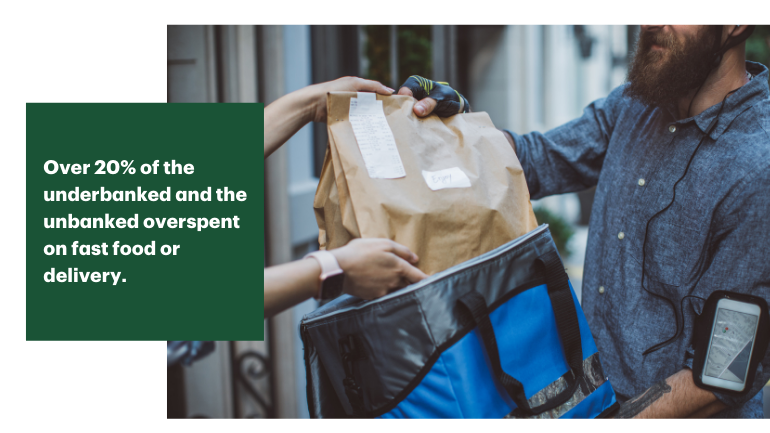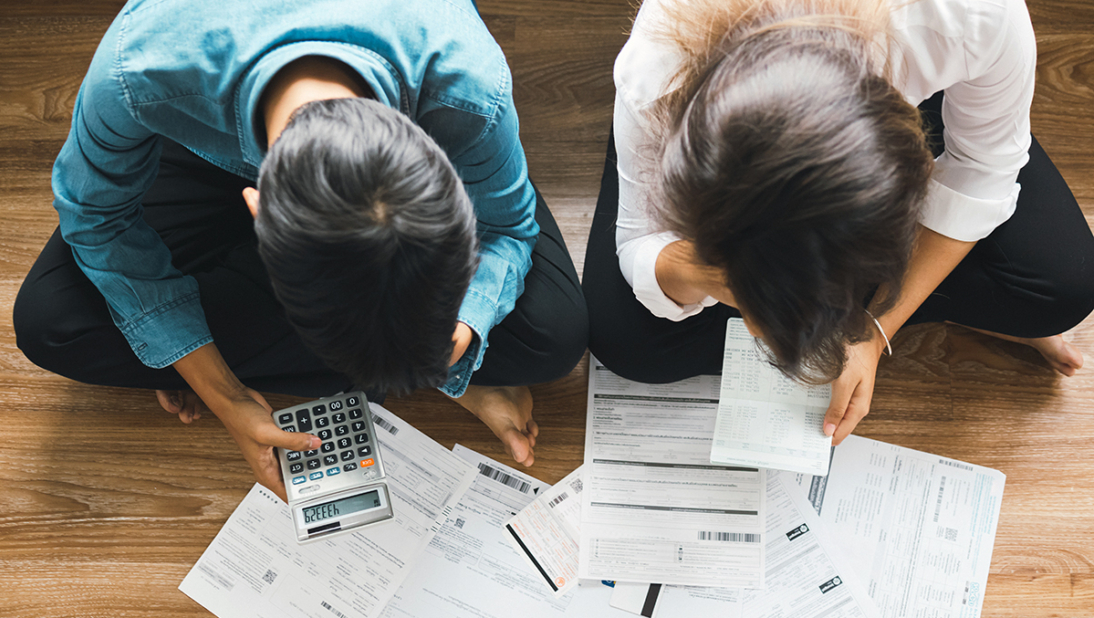TD Bank's annual Money Matters Survey revealed a staggering correlation between budgeting, banking and having an emergency fund.
Out of those surveyed that are considered either underbanked or unbanked, only 50% of the underbanked and 36% of the unbanked keep a budget in their daily lives. Underbanked consumers have either a checking or savings account, but also rely heavily on alternative financial services. The term unbanked describes individuals who do not use banks or credit unions for their financial transactions and do not have a checking nor savings account.
But the most alarming stat amongst those surveyed was that 34% of underbanked and 38% of unbanked respondents stated they could not make ends meet for longer than a week if they were to lose all sources of income, something that became a stark reality in 2020 and 2021 with economic shutdowns and small business shutterings in the midst of a pandemic.
In response to this growing concern in our communities, TD Bank recently launched TD Essential Banking, a low-cost, no-overdraft-fee deposit account. Customers are able to bank with no minimum daily balance requirements.
This account is designed to meet the needs of more customers, in more communities, by providing additional affordable access to mainstream financial services. In addition to the new account offering, TD Bank is making changes to its overdraft policy. All TD deposit account customers will benefit from these updates, which will go into effect in August.
For more information on TD's Essential Banking account, please visit our website.
Budgeting is hard

The TD survey addressed other areas that are hurting the underbanked and unbanked.
A majority of respondents in these groups say they do not plan to keep a budget anytime soon, even with their current challenges financially.
On the other end of the spectrum, the underbanked and unbanked both admit they have issues overspending, especially while being at home for the majority of the time during the pandemic. Just one-in-five underbanked, and one-third of unbanked Americans say they never overspend, with both groups revealing online shopping and in-person shopping are their top two overspending habits.

To dive even deeper into these stats, 29% of underbanked and 22% of unbanked overspent on fast food or delivery, while both said they overspend at around 10% each on technology. Both said that they overspend less than 10% on out-of-home entertainment, while also only overspending at an 11% rate on travel, which makes sense given the current global conditions.
What to do in case of an emergency?

Many Americans were tasked with the crucial question of how to stay afloat during an emergency and unprecedented times over the past 18 months.
When it comes to emergency funds though, like those needed in the middle of a global pandemic, 53% of underbanked and 33% of the unbanked said they received and relied on stimulus funds. But those aren't a regular, everyday occurrence.
Evergreen options that translate beyond a pandemic like credit cards were also a major source of support for the underbanked (26%) and unbanked (18%). Both groups said they leaned on friends and family for funds during COVID-19, while 23% of underbanked and 17% of unbanked fell behind on bills and payments during the pandemic in order to purchase essentials for themselves and their families.
Not saving for a rainy day

As could be expected, very few of the underbanked and unbanked said they had or planned to have a savings account.
Only 11% of underbanked respondents shared that they had a savings account, while more than half of the underbanked (56%) and unbanked (63%) have accidentally hit a negative amount in their savings accounts.
Saving also continues to be a top challenge for both students and recent graduates.
As many as 43% of underbanked respondents cited saving for the future as the biggest financial surprise they faced as a student, followed by paying for non-tuition student expenses (43%) and paying bills (40%).
For the unbanked, not having money to spend on non-essential items remained the biggest financial surprise (31%), followed by paying for non-tuition student expenses (30%), saving for the future (28%) and paying for essentials such as food (28%).
